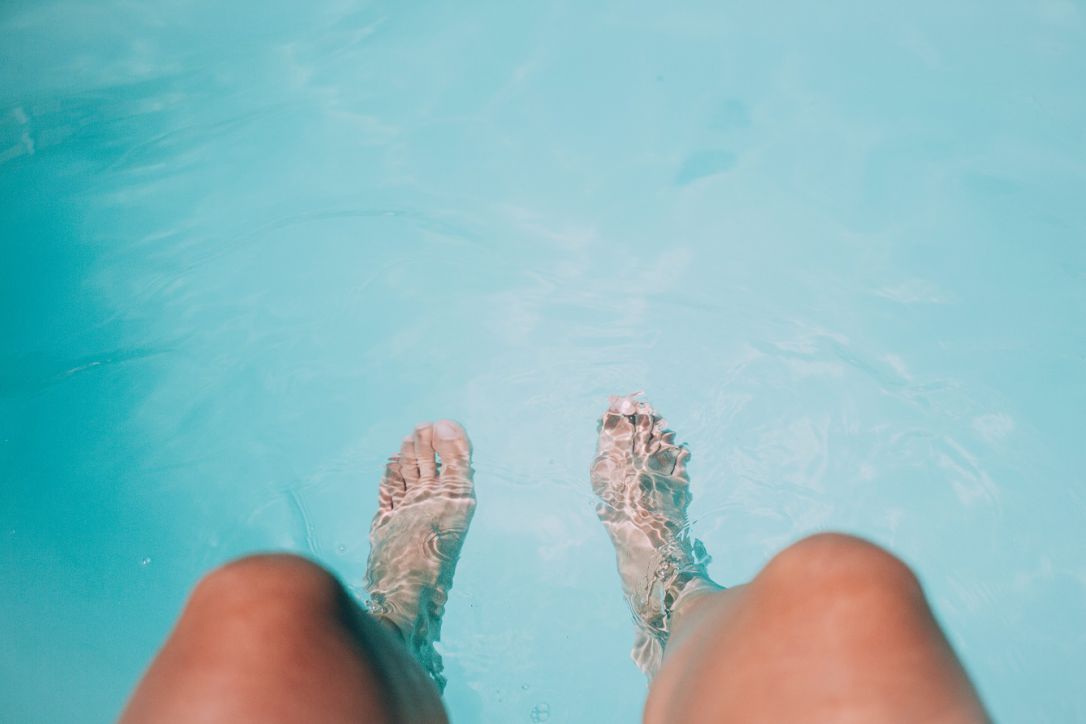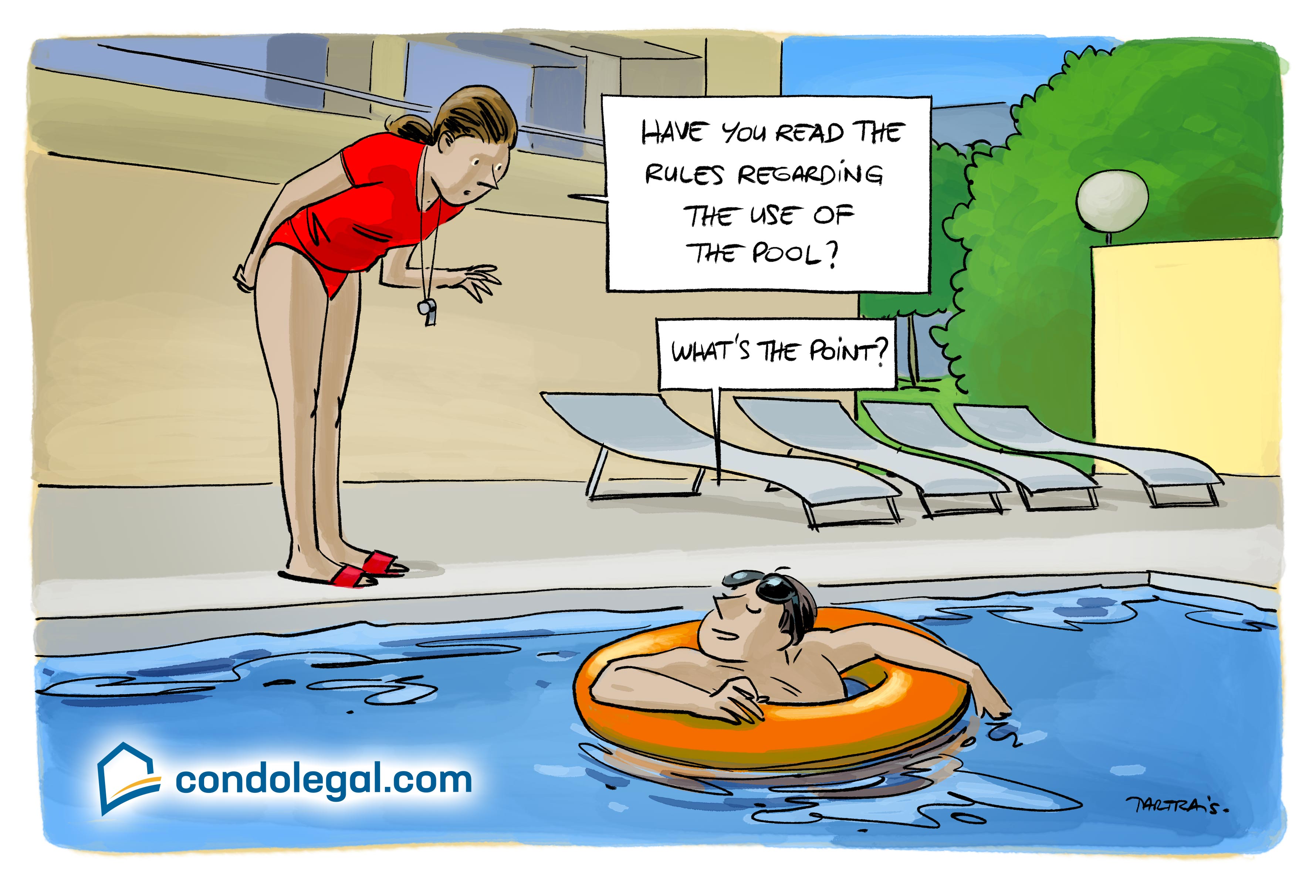 May 4, 2024 — Warm weather during the summer months can unfortunately coincide with aquatic tragedies that have fatal consequences. Warm seasons have been marked by tragic incidents in various aquatic environments. For instance, a high school student was found drowned in his school's pool. Additionally, a very young child met the same fate in a family pool. There was also a case of drowning in the indoor pool of a co-ownership. These events raise questions about whether these accidents were due to misfortune or negligence.
May 4, 2024 — Warm weather during the summer months can unfortunately coincide with aquatic tragedies that have fatal consequences. Warm seasons have been marked by tragic incidents in various aquatic environments. For instance, a high school student was found drowned in his school's pool. Additionally, a very young child met the same fate in a family pool. There was also a case of drowning in the indoor pool of a co-ownership. These events raise questions about whether these accidents were due to misfortune or negligence.
A body of water is generally used to meet hygiene and ablution needs. Boaters also use it to rejuvenate, relax, and engage in sports. In a distant past, humans did not have aquatic infrastructures as we do today. They made use of what nature had to offer, such as ponds, streams, rivers, lakes, rivers, and oceans. These bodies of water could be warmed by geothermal activity, depending on the location.
Creation of aquatic infrastructures
Subsequently, humans discovered that they could adapt their environment to specific needs, as well as to demographic and geographic realities. They created aquatic infrastructures to enhance their experience with water. In doing so, they were able to achieve higher hygiene standards. This initiative allowed for better control of the equipment specific to these facilities, as well as increased safety.
All this to say that the development of recreational water basins is booming in Quebec, particularly in condominiums. Therefore, administrators have a duty to ensure that they are supervised and maintained, in order to ensure the physical integrity of their users. These facilities must comply with the safety standards imposed by the Régie du Bâtiment du Québec, and also be sanitary, under parameters dictated by the Ministry of Sustainable Development, Environment, and Fight Against Climate Change.
Keeping knowledge Up-to-Date
However, it is not always easy for a co-ownership director or manager to be up-to-date in this field. There have been numerous advancements over time. Nonetheless, all syndicates of co-ownership have a duty to maintain and preserve the building, including the common portions such as aquatic installations, pursuant to article 1039 of the Civil Code of Québec. To do this, they must be surrounded by qualified specialists, who can guide them in the management of their aquatic facilities. Remember that this concerns the well-being and safety of the people who use them.
Aquatic Odyssey is a pioneer in pool installation and management. Our company is able to offer unparalleled consulting services to a demanding clientele, whether it be in terms of technical considerations, or issues related to safety, maintenance, refurbishment, layout, and "smart" pools. We are also able to control maintenance-related expenses through a budget plan that includes preventive maintenance costs.
Engaged responsibility
Never lose sight of the fact that if an accident were to occur in your pool, and the negligence of the syndicate was to blame, it could lead to an increase in your insurance premiums, or even cause insurers to lose interest in covering your building. Ultimately, the civil liability of the syndicate could be engaged. On the other hand, being vigilant will prevent this from happening. In turn, you will optimize the quality of the equipment you are responsible for, and reduce costs related to maintenance and repairs. This is an ultimate goal to achieve so that you can have a harmonious experience with the co-owners you serve. By implementing effective management of your pool in the building, everyone will be grateful.
Daniel Delorme
Chief executive officer
Odyssée Aquatique
To learn more about our products and services, contact us:
Odyssée Aquatique
2599 Boulevard Le Corbusier
Laval, Québec
Tél : 450-680-1698
The columns express the personal opinion of their authors and do not in any way engage the responsibility of the site's publisher, CondoLegal.com Inc. The content and opinions expressed in a column are those of the author alone.


